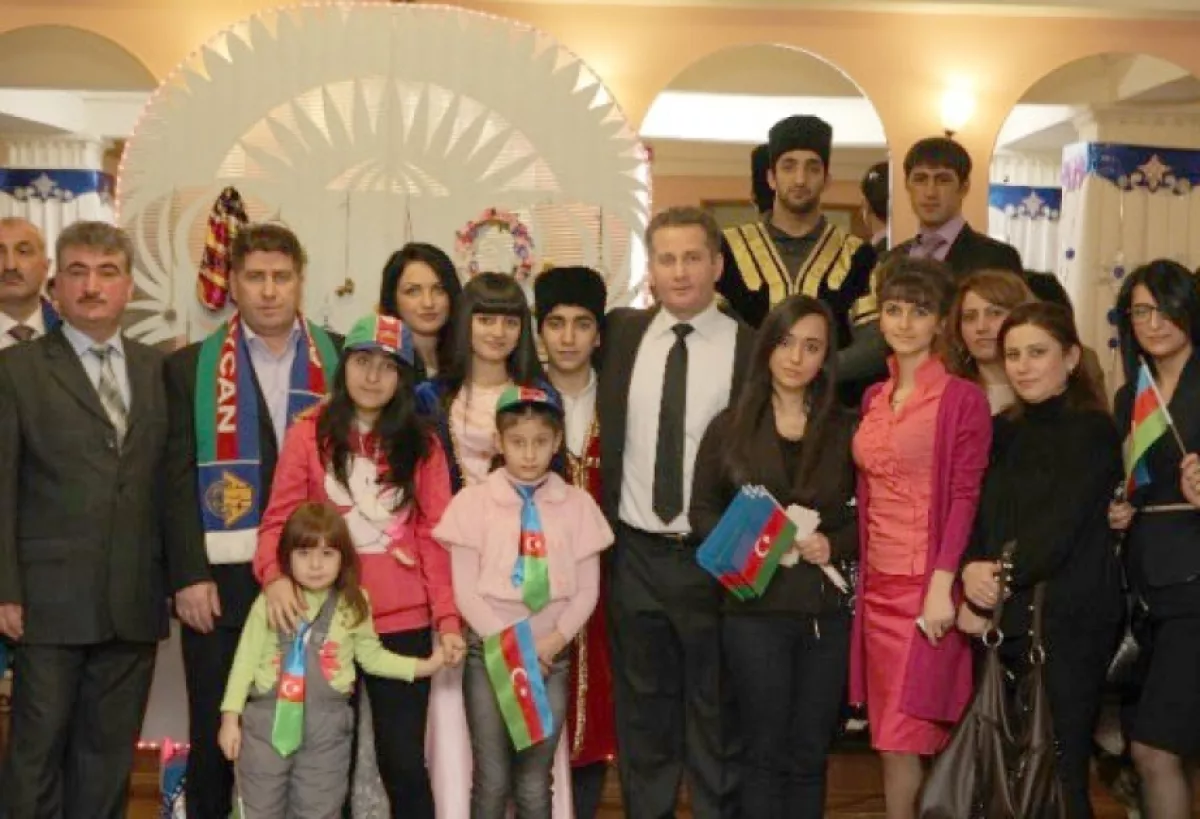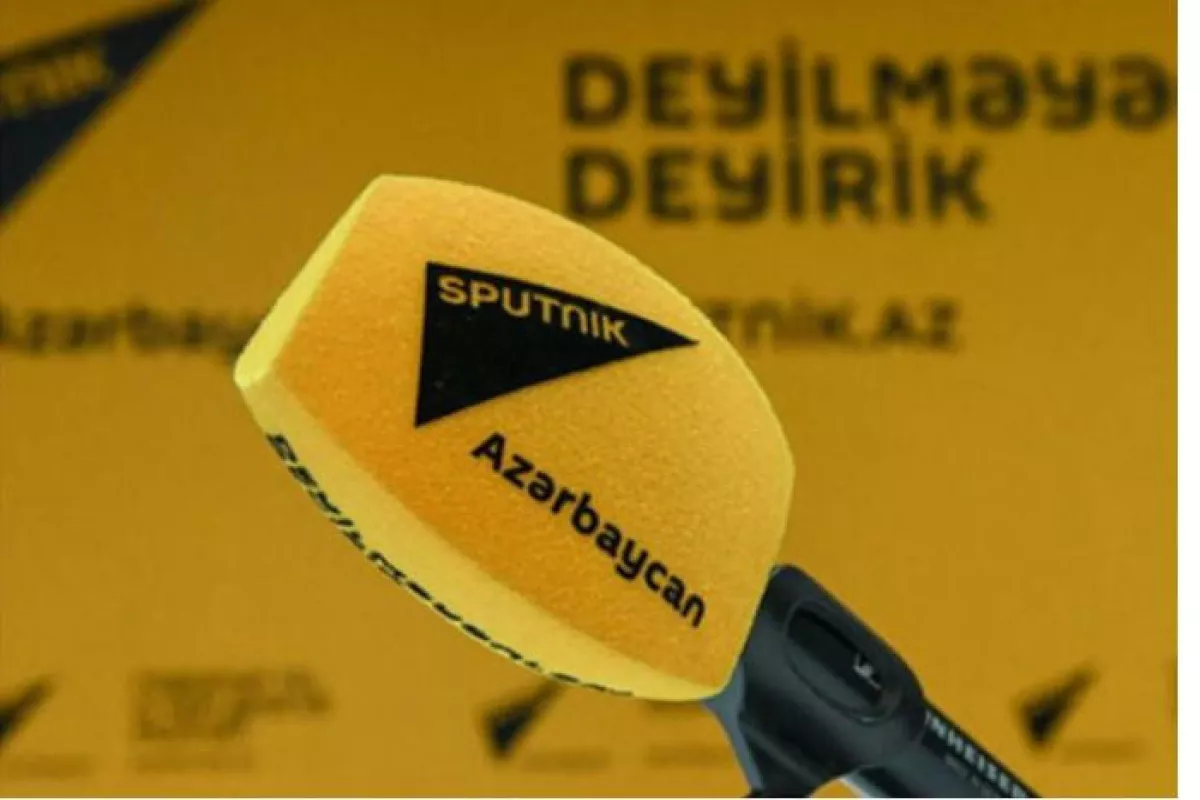Russian-Azerbaijani relations require parity A bit about one asymmetry
Amid the growing anti-Azerbaijani hysteria in Russian political and media circles, it is crucial to ask the question: what is actually happening? We have already written extensively about Baku's rightful demand to take responsibility for the crash of the Azerbaijan Airlines (AZAL) aircraft. Now, we want to focus on one aspect related to the closure of the "Russian House" in Baku, specifically the reaction this event triggered in certain circles in Russia.
In these circles, including not only the media but also political figures such as members of the State Duma, the closure of the "Russian House" in Baku was viewed as a hostile move towards Russia. While we won't delve into the specific reasons behind the decision to shut down the "Russian House"—a matter handled by the relevant authorities—what is important to focus on is this: to what extent has the cessation of "Rossotrudnichestvo" activities in Baku disrupted the balance of cultural and diplomatic presence between the two countries? After all, it is widely understood that relations between sovereign states should be based on mutual respect, which inherently includes parity in their diplomatic and cultural representations.
However, upon closer inspection, Azerbaijan finds itself, if one can put it that way, in a diplomatic deficit in its relations with Russia. Let’s focus on two moments of imbalance in Azerbaijani-Russian relations. In 2017, the Russian Supreme Court dissolved the All-Russian Azerbaijani Congress (VAK) following a lawsuit from the Ministry of Justice – formally on the grounds of non-compliance with Russian law. As reported by the Russian Ministry of Justice at the time, during its oversight activities, it was found that the organization’s charter did not meet the requirements of the current legislation. "In particular, the organization’s name does not indicate the nature of its activities…" — these are also the words of the Ministry of Justice of Russia.

An interesting argument. But does the name "Russian House" actually indicate the nature of its activities? If one were unaware of the activities of this institution, they might think it’s a restaurant or a furniture store. Yet, the organization had operated freely in Azerbaijan for many years. Moreover, as it later became clear, the activities of "Rossotrudnichestvo" did not always align with its stated objectives.
By the way, returning to the VAK – does anyone remember an anti-Russian campaign being initiated in Azerbaijan following its closure? Though the reason was certainly substantial. As a representative of the VAK said at the time: "The dissolution of the organization, with all its branches, is a disproportionate measure, which does not correspond to the formal issues presented by the Ministry of Justice. As a result of this decision, the Azerbaijani diaspora in Moscow will be left without leadership."
And another point: since 2015, the Sputnik Azerbaijan editorial office has been operating in the country, a full-fledged media structure, 100% owned by the state media group "Rossiya Segodnya," with around 40 people involved in its work. It would hardly be a mistake to call it a purely propaganda project. By the way, the Armenian service of Sputnik openly opposes Azerbaijan’s territorial integrity. Considering that this media outlet is fully funded by the Russian state budget, one could argue that Moscow either encourages or turns a blind eye to such activities of Sputnik.
Now, let's ask ourselves: do Azerbaijani state media have anything comparable in scale to Sputnik Azerbaijan in Russia? The answer is clear: no, there is not a single large Azerbaijani media division operating in Russia. There are correspondent offices of AzTV and Azertag, but this is incomparable in scale to the representation of Sputnik in Baku.

Thus, we can state that there is a violation of parity in the representation between the two countries, with a bias in favor of Russia, which needs to be corrected. Of course, one might argue that parity is impossible due to the difference in the scale of the two countries. However, this is a one-sided, stereotypical, unconstructive, and frankly neo-imperial position. As already mentioned, states seeking to build relations based on the principle of mutual respect will also strive for equality in diplomatic, cultural, and humanitarian activities on each other's territory, regardless of who possesses greater territory, population, or geopolitical influence.
Such an inadequate response from some representatives of Russian media and political circles to Azerbaijan’s policies suggests that they still think within the framework of outdated concepts like "empire and colony" or, at best, "older and younger brothers."
Independent Azerbaijan has repeatedly proven that it is a state that does not tolerate disrespect for its sovereignty. The best manifestation of this policy was the victory in the 44-day war in 2020 and the complete restoration of sovereignty following a one-day counterterrorist operation in September 2023. A country that has resolved such complex tasks will not tolerate any form of disregard for its sovereignty or statehood.
It is regrettable that, recently, attacks on Azerbaijan have come from Russia, a state with which Baku shares not only deep cultural ties but also an allied relationship. It is unclear—does Moscow truly not care about the fate of its relations with the most powerful country in the South Caucasus? We believe that it does. Therefore, instead of resorting to undignified insults from those who hold the title of people's representatives against a still-friendly country, it would be better for the public servants and the notorious media of Russia to reflect on how to build strong, respectful relations with their neighbors.








